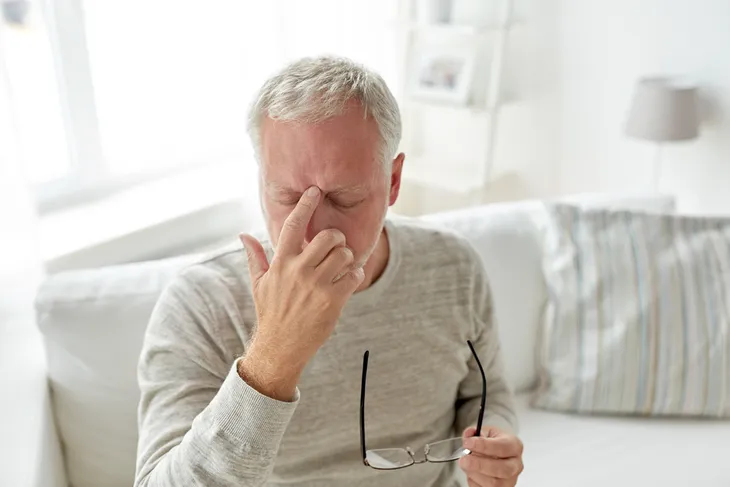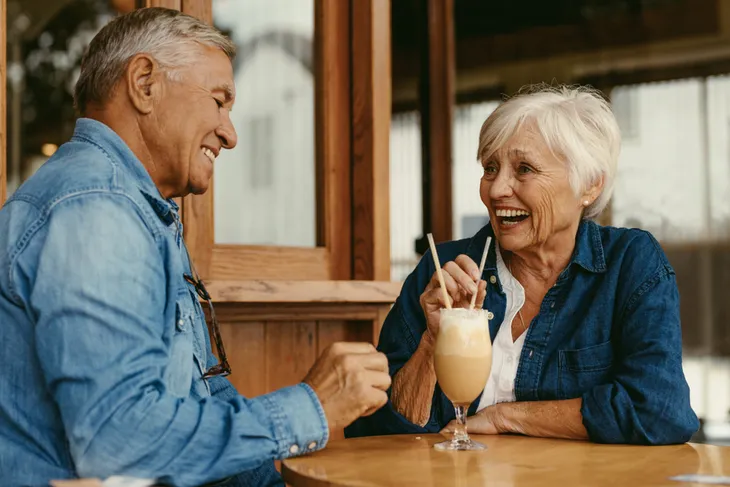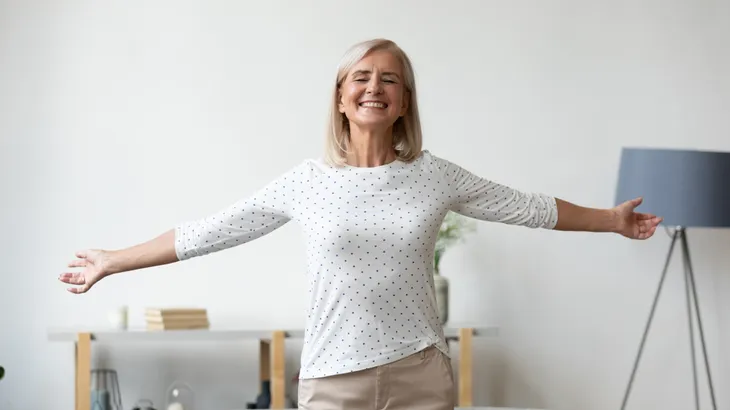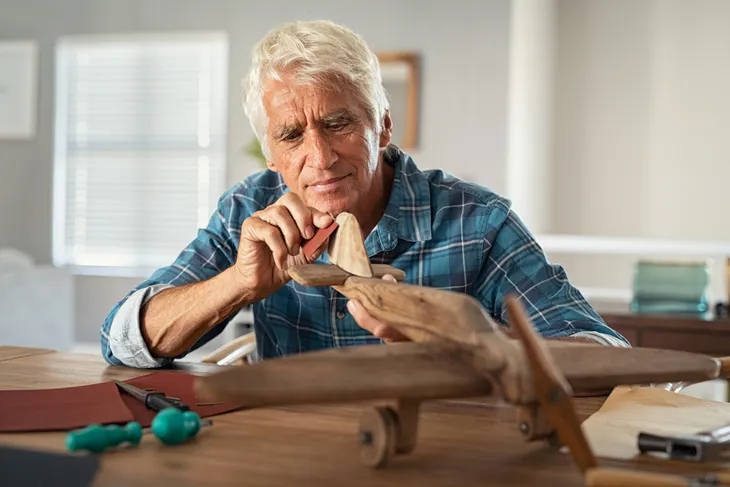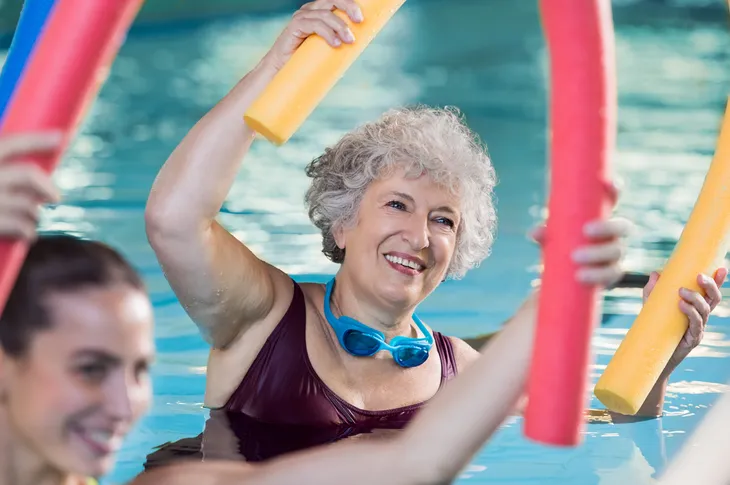There exists a negative cultural belief that aging is the worst. That your aptitude, productivity, and quality of life decrease as the number of candles on your birthday cake increases. But, with each passing day, comes another published study that proves without question how unscientific our beliefs have been all along.
Contrary to popular thinking, everything doesn’t get worse with age. Your 6-minute mile days may indeed be behind you, but a few of your mental and emotional abilities might not have peaked yet. Today we’re going to take a closer look at the science and break down all you stand to gain.
As with most things, potential improvement can only be actualized through practice and dedication. So, in addition to ActiveBeat’s fantastic list of maturing proficiencies, we’ll show you what to do today so that you can enjoy your senior’s discount and your superpowers long into the future.
You Sleep Better
One of the biggest misconceptions about aging has long been disproven. The idea that sleep quality worsens as you age still persists despite ample evidence to the contrary.
For instance, this study of 150,000 Americans found zero association between increased sleeping complaints and advanced age. The data determined that sleep problems are a nonlinear phenomenon that’s influenced not by age, but by health problems and depression.
Migraines Improve
Feel free to count your lucky stars and skip ahead if you’re one of the lucky Americans that don’t suffer from migraines. They plague roughly 1 in every 5 women and 1 in every 15 with an onslaught of debilitating symptoms that can include sickness, throbbing pain, and sensitivity to sound and light.
Though it’s admittedly a bit of a stretch to classify the reduced frequency, duration, and intensity of migraines as an emotional or mental ability, it’s still a benefit of aging. One that migraine sufferers will no doubt welcome with open arms.
Your Experiences Become More Positive
A landmark study exploring the changes in emotional experiences as one ages uncovered a noticeable increase in the frequency of recorded positive experiences. Aging adults can expect a steady increase in the frequency of positive experiences that peaks at around 64-years old.
Physical health and openness to experience also played a role in a person’s reported frequency of positive experiences. Aging adults with fewer physical health symptoms and increased openness to experience boasted the highest scores. All the more reason to properly care for your body, and your inner child, as you age.
Increased Emotional Stability
It’s not uncommon to pray for financial stability. Though some may see it as a sub-par consolation prize, emotional stability is truly priceless. More control of your emotions grants you the ability to perceive and approach life’s problems with more balance and control.
As fate would have it, aging has been scientifically linked to improved emotional stability. Maybe, just maybe, you’ll be that new, and improved emotional ability will translate into financial stability as well.
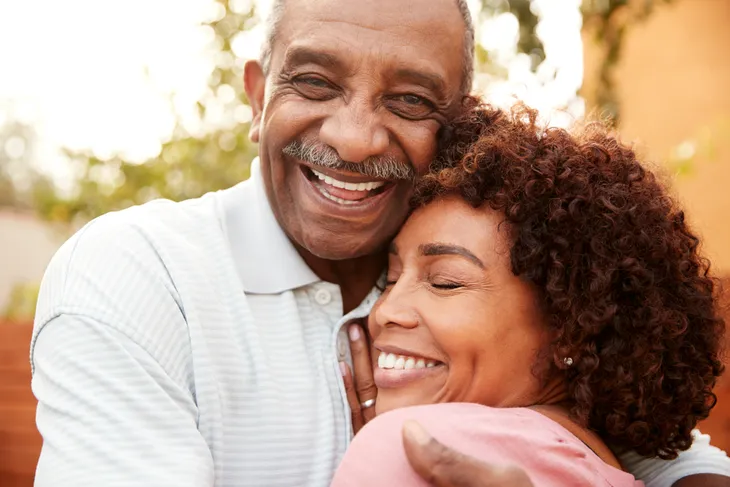 Monkey Business Images / Shutterstock
Monkey Business Images / ShutterstockYour Emotional Experience Has More Depth
The landmark study we’ve been sourcing throughout this article also took a closer look at what they call ‘poignancy’, or a person’s ability to experience both positive and negative emotions at the very same time. The theory is that, as people age, their emotional experiences become more mixed.
The data did indeed correlate with the predicted theory above. The older adults that participated in the study reported an increased frequency of mixed emotions creating a greater depth of emotional experience than their younger counterparts.
Processing New Information
Most of us associate getting older with cognitive decline, but this study published in Nature and Human Behaviour says not so fast. Drawing on data pulled from 708 participants between the ages of 58 and 98, the researchers at Georgetown University Medical Center made a few fascinating discoveries.
The researchers did notice that the brain’s “alerting” functions experienced a decline with age, but that its “orienting” abilities actually improved. For the layperson, “orienting” is another way of referring to the brain’s ability to recognize and process new and unexpected information.
Focus
That study published in Nature and Human Behaviour added another critical brain function that seemingly improved with age: executive inhibition. Your executive inhibition relates to your ability to control your attention, thoughts, emotions, and behaviors. Among other things, It allows you to effectively block out unnecessary distractions and instead better focus on the task at hand.
The study goes on to suggest that, in spite of the documented decrease in the brain’s alerting faculties, the combined increases in both its orienting and executive abilities add up to a net positive.
How to Age Better: Stay Fit
Physical fitness is important at every age, but staying healthy becomes increasingly more important as you age. Regular exercise has been shown to increase your memory, reaction times, and reasoning ability.
Shoot for at least 30-minutes of moderate exercise every day to reap the rewards later in life. Moderate exercise includes walking fast, riding a bike on level ground, pushing a lawnmower, and water aerobics.
How to Age Better: Eat Healthily
Exercise can really only take you so far. As beneficial as regular exercise can be, a healthy diet that’s rich with high-quality protein and greens is essential to your quality of life now and into the future.
Start fighting that sweet tooth now, replace late-night snacking habits with healthier alternatives, and start cooking at home. Building on your nutritional intelligence and making smarter choices in what you and your family eat every day will help keep your body and brain healthy and operating as efficiently as possible.
How to Age Better: Exercise Your Brain
Most of us know the benefits of physical exercise but when’s the last time you thought about your mental fitness? As we’ve already established, certain mental faculties can be sharpened and honed as you age, but doing so requires persistence and practice. Thankfully, improving your mental fitness isn’t quite as demanding as the physical kind.
Maintain your social life, seek out stimulating conversations, read, learn a new hobby, play stimulating puzzle games like crossword puzzles, learn a new language, or enroll in a fun new course. Commit to your mental fitness today and reap the rewards for the rest of your life.
How to Age Better: Mind Your Mental Health
The data certainly links a positive emotional profile to longevity, but nurturing your mental health helps you better enjoy the present moments too. Though no online article is capable of walking you through significant mental health challenges. Only a registered medical professional can do that. But those not suffering from psychological distress can take steps to protect their mental stability every single day.
Do things that you enjoy, spend time with friends, get outside to safely soak in some sun, learn new things, challenge yourself, adopt a pet, and exercise regularly.
The Takeaway
Getting older is not the negative experience that a lot of us were led to believe. If you do it right, you should be able to enjoy your golden years with less stress, more focus, increased wisdom, and a reinvigorated appreciation for all you’ve come to experience.
Exercise, eat healthily, stay social, and work out your mind today so that you can welcome what science has determined to be the happiest years of your life.


